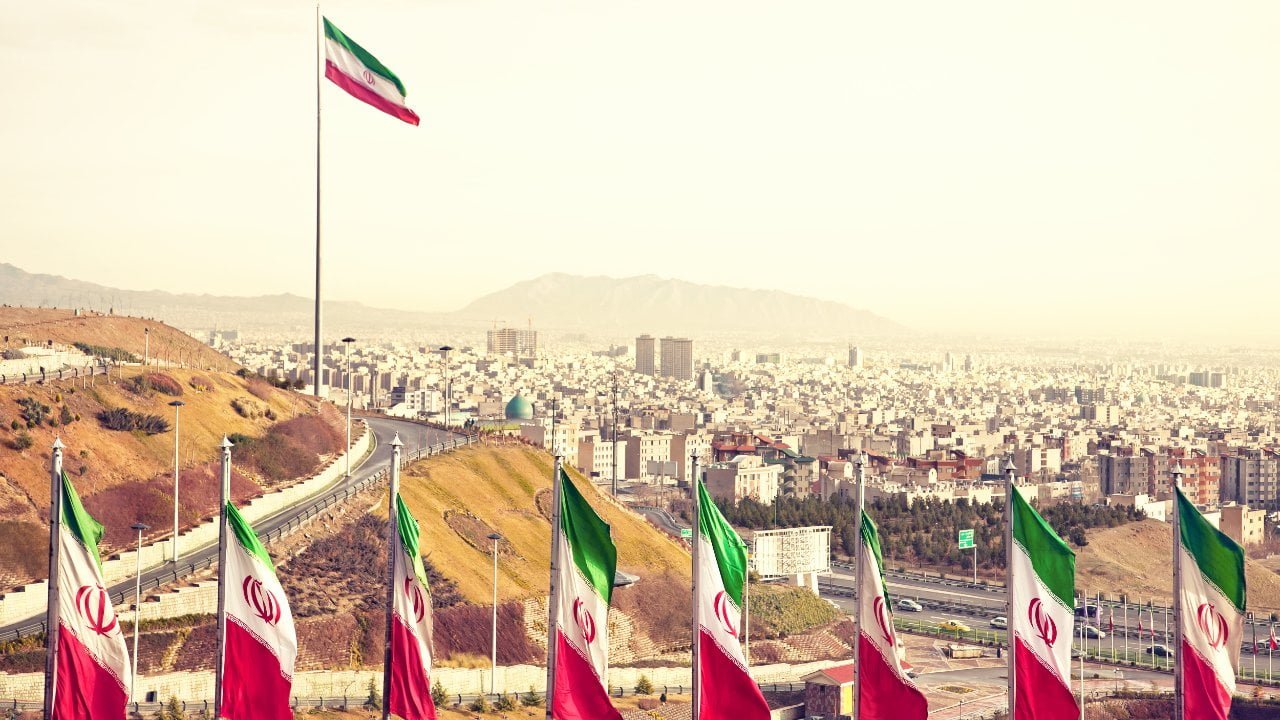Iran Starts Licensing Crypto Miners Under New Regulatory Framework – According to reports, the Iranian government has begun granting licenses to cryptocurrency miners in accordance with the new “comprehensive and detailed” legal framework adopted last week. The process of issuing licenses to various crypto mining enterprises was previously put on hold due to power usage and problems with illegal mining.
According to local media, Iran’s Minister of Industry, Mine, and Trade, Reza Fatemi Amin, claimed his department is now authorized to resume issuing permits for cryptocurrency mining. He was reported to have said:
“Based on the rulings by the government, the entities that apply to mine crypto assets can get an establishment license and an operating license.”
People Also Read: Ripple to Participate in the Digital Dollar Project’s CBDC Sandbox Program
Before a firm in Iran can begin mining cryptocurrency, it must first get both an establishment license and an operational license. The first makes the entity a legitimate cryptocurrency miner, while the second gives it the go-ahead to actually begin mining.
Mohsen Rezaei Sadrabadi, secretary of the government’s working group on cryptocurrency, shared some specifics of the recently authorized crypto regulatory framework, including the fact that mining facilities can now apply for a license and utilize cryptocurrencies they have produced to pay for imports.
He added that the new regulatory framework has rules that address large-scale crypto mining activities and that the Ministry of Industry, Mine, and Trade is in charge of giving permits to cryptocurrency miners. Additionally, there are provisions regarding the energy supplied to the mining sector, with a focus on renewable energy.
Rezaei Sadrabadi further pointed out that the government has opted to designate the central bank as the industry’s key regulator. However, he thinks that since the crypto ecosystem includes more than just cryptocurrencies, regulation of the industry should be multifaceted and not be under the control of a single regulator.
The government of Iran approved cryptocurrency mining as an industry in 2019, but the central bank of Iran outlawed cryptocurrency trading within the country. Following the establishment of a regulated framework, crypto miners were required to obtain a license, identify themselves, pay higher electricity prices, and sell their mined bitcoins to the government directly. Iran changed several rules in July to make it simpler for cryptocurrency miners to get renewable energy.
The Iranian government ordered authorized cryptocurrency miners to temporarily cease operations in December of last year as a result of severe weather having a negative impact on the country’s electrical grid during the cold months. The national electrical utility then declared a four-month ban on cryptocurrency mining in May, but it was later reversed after authorized cryptocurrency mining facilities voluntarily stopped operating to reduce the demand for electricity.
People Also Read: Sanctioned Russian Bank Tests In-app Operations With Digital Rubles
Under the former regulatory system, Iran issued more than 1,000 permits for cryptocurrency mining. Iranian authorities reported in May that close to 6,914 illegal crypto mining rigs had been shut down. The Iran Power Generation, Distribution, and Transmission Company, or Tavanir, asserted that over 85% of the country’s energy consumption was used for illegitimate cryptocurrency mining. It has promised to take severe action against unlicensed cryptocurrency miners, and since March, approximately 10,000 unlawful mining equipment have been seized.




